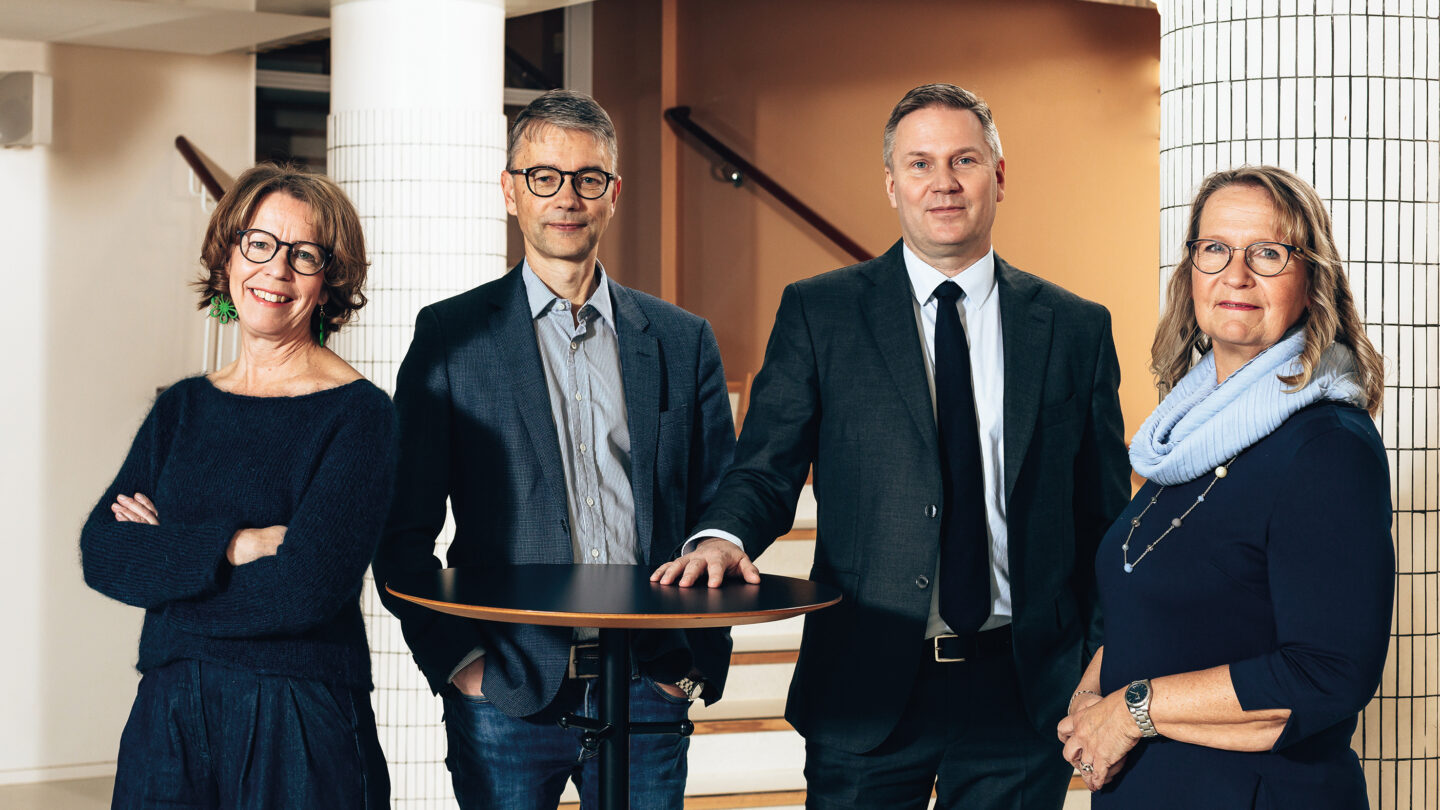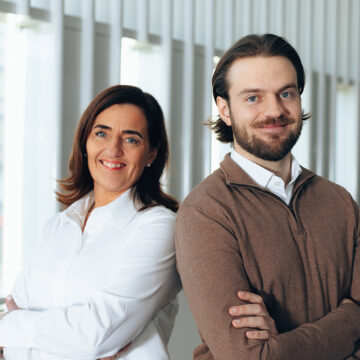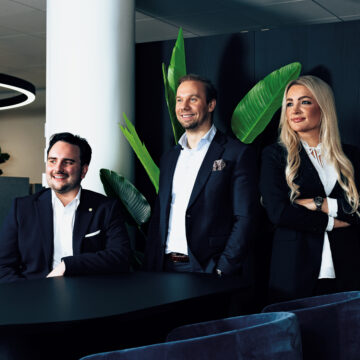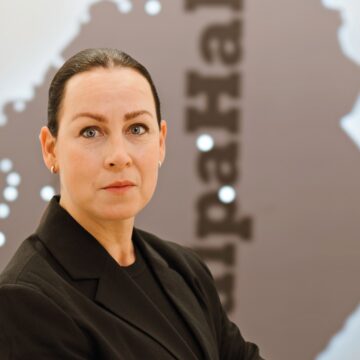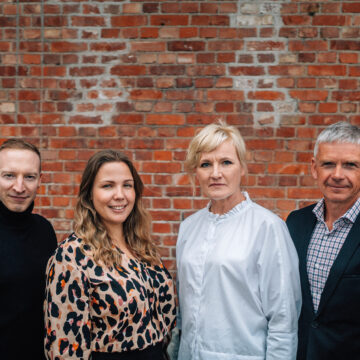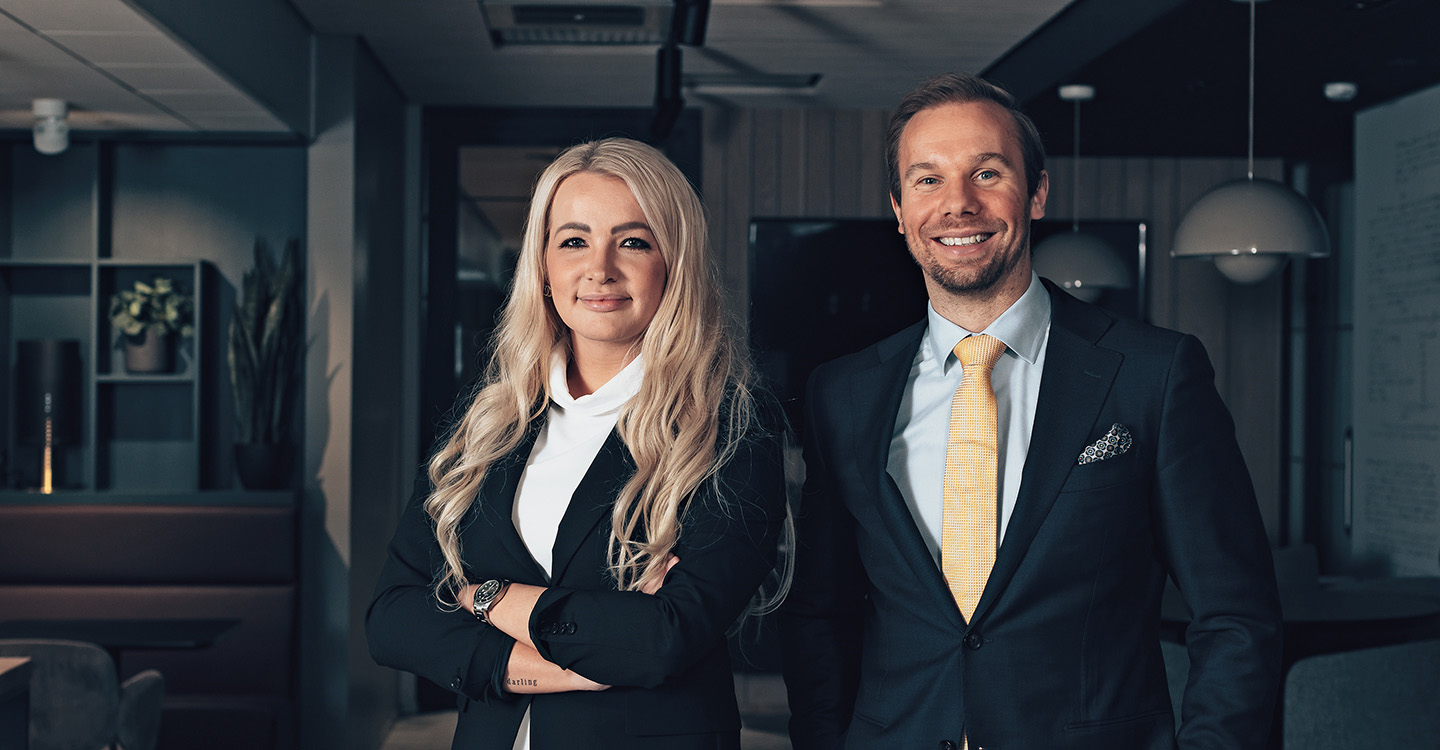
LähiTapiola is owned by its 80,000 local customers
Since LähiTapiola is a national brand, many Ostrobothnians might not have thought of the fact that LähiTapiola in Ostrobothnia is actually an independent company of its own.
“We have a local management, our own Board of Directors and, what is more, we are one of the biggest tax payers in the region. At the same time, we have the strength and service portfolio of a big national company”, explains CEO Joel Sunabacka.
LähiTapiola is a mutually owned insurance company, which means it is owned by its 80,000 Ostrobothnian customers. The customer base consists of both private persons as well as companies and agricultural businesses.
This widely-spread, local ownership means that the company and its customers share common interests. If the Ostrobothnian region does better than other regions, both LähiTapiola and its customers will benefit. In Ostrobothnia, people are healthier and live longer than anywhere else in Finland, meaning that health insurance fees can be kept lower. The same logic applies to other insurances as well.
“In 2022, we actually decided to lower most of our fees. We were able to do this because our financial situation is stable and because we do not aim for big profits thanks to our ownership model. Rather than to make a profit, our goal is to give the best possible fees to our customers”, Sunabacka says.
The strong local presence is evident in LähiTapiola’s 10 local offices – which in fact is more than some national competitors have in the whole country.
“We want to be easily accessible. Often when people are in touch with us, there might have been an accident, and therefore it is calming for them to speak face to face to our staff in their own language”, explains Hannah Malkamäki, Business Unit Director. She adds:
“Our local presence also shows in the fact that we have been able to specialise in certain fields of businesses that are common in this region.”
In accordance with its values, LähiTapiola is an active operator in the local community. The company has, for example, done preventive work by donating equipment to the local hospital and by arranging training in economics for eighth graders.

